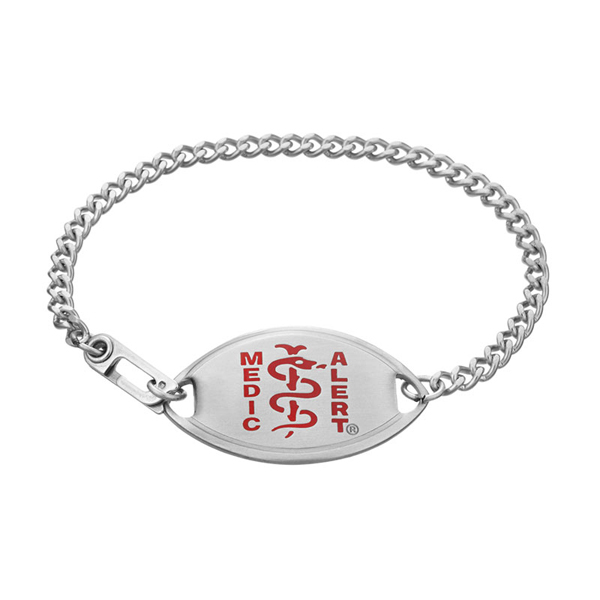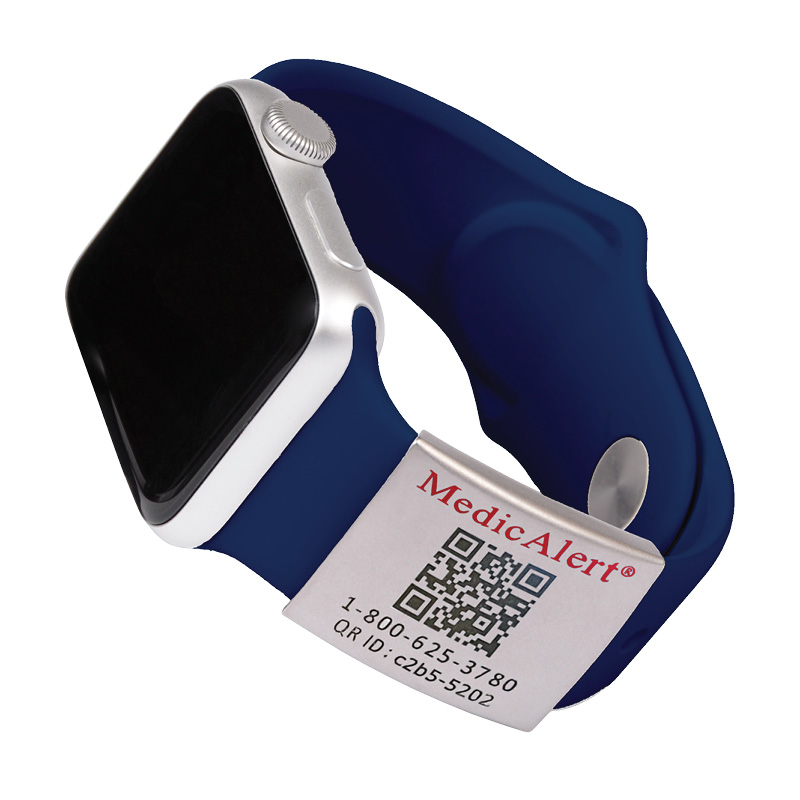If your child has developmental disabilities, you are a critical asset for them to receive support and services for their condition, especially when they can’t advocate for themselves. Likewise, focusing on your child’s abilities (rather than the disability) will remind them that their strengths are not defined by a medical diagnosis.
According to the Centers for Disease Control and Prevention, developmental disabilities are a group of conditions due to an impairment in the physical, learning, language, or behavioral areas. Approximately one in six children in the U.S. have one or more developmental disabilities or other developmental delays.
If you have any concerns regarding your child’s health, be sure to talk to your child’s pediatrician for more information. Your concerns matter, and it’s best to have a healthcare professional confirm your child has a developmental disability.
It’s normal for parents to feel a sense of stress about their child’s safety if they have a medical condition. MedicAlert ID is a globally recognized, life-saving accessory to ensure that your child’s health needs are met, no matter the situation. MedicAlert IDs, paired with our Protection Plans, can provide peace of mind.
- We’re your voice: If an medical emergency occurs, your child’s tailored ID will communicate all their necessary information.
- 24/7 emergency protection. Our team will pass on any critical medical information to first responders, no matter when or where the situation occurs.
- Stay connected: MedicAlert will notify your child’s emergency contact(s), connected to their medical ID, the minute an event occurs.
- Live with confidence. Providing peace of mind so that you can live without fear for your child’s safety is MedicAlert’s priority.




